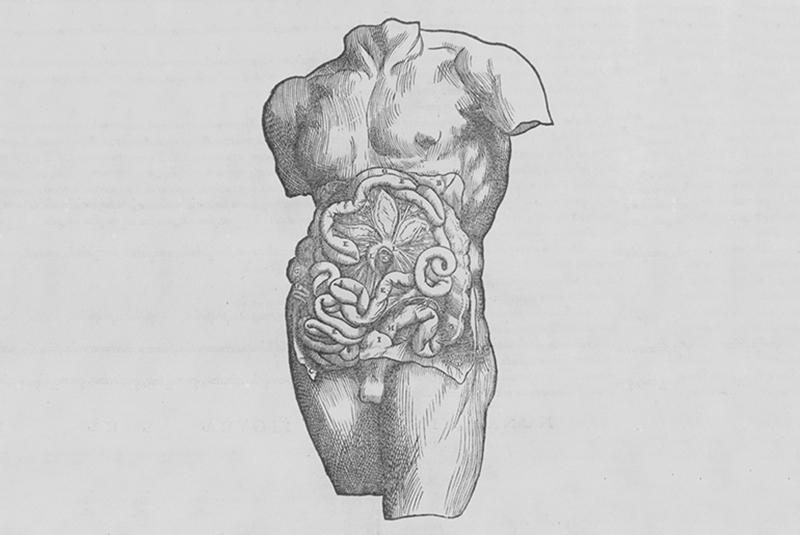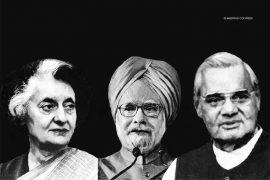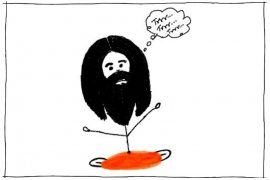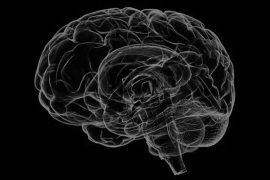In August 2018, former Lok Sabha Speaker Somnath Chatterjee passed away due to multiple organ failure at the age of 89. His death, however, was atypical compared to the vast majority of Indians in that his skin was grafted on a burn patient, his corneas were donated to the Priyamvada Birla Aravind Hospital, and his bones and other organs were preserved for medical research.
Somnath Chatterjee was an exception to the norm in India, a country where the deceased donor transplantation rate happens to be among the lowest in the world at 0.34 per million.
Organs can be donated either by pledging them when alive or with the family’s consent after death. For some, the thought of donating a loved one’s organs to save other lives brings comfort, but for others, the process requires coming to terms with steadfast cultural beliefs and religious convictions.
Given India’s inherent diversity, there are many different conceptions of sickness, death, and the afterlife, all of which have to be considered in concert as far as organ transplantation is concerned.
Copyright©Madras Courier, All Rights Reserved. You may share using our article tools. Please don't cut articles from madrascourier.com and redistribute by email, post to the web, mobile phone or social media.Please send in your feed back and comments to editor@madrascourier.com











